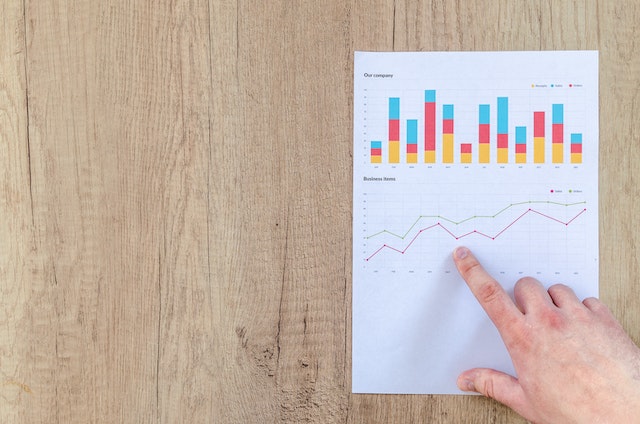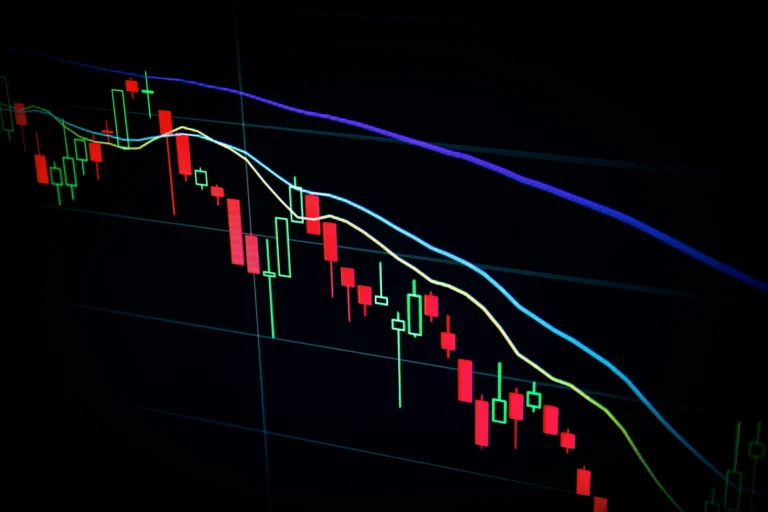What is inflation?
Inflation is an increase in the level of prices of the goods and services that households buy. It is usually measured as an annual percentage increase.

What are its consequences ?
- Decreasing purchasing power: As prices rise, each unit of currency buys fewer goods and services. This means that if you have a fixed income, your ability to buy goods and services will decrease over time.
- Redistribution of wealth: Inflation can redistribute wealth from those on fixed incomes, such as pensioners, to those who own assets, such as property or stocks. This is because the value of these assets tends to rise with inflation, while the value of money falls.
- Complexity: Inflation can make it difficult to compare prices or make long-term financial plans, as the value of money changes over time.
- Uncertainty: Inflation can create uncertainty, as people may not know how much goods and services will cost in the future. This can discourage investment and economic growth.
- Deflation: If inflation falls too low or becomes negative (deflation), it can lead to a downward spiral in which people delay purchases in the hope that prices will fall further, leading to falling demand and further falls in prices. This can lead to economic recession.
Factors that can cause inflation :
- Demand-pull inflation: This occurs when the demand for goods and services increases faster than the supply, causing prices to rise. This can be caused by factors such as strong economic growth, an increase in government spending, or an increase in the money supply.
- Cost-push inflation: This occurs when the cost of production increases, causing companies to pass on the higher costs to consumers in the form of higher prices. This can be caused by factors such as an increase in the cost of raw materials, a rise in wages, or an increase in taxes.
- Built-in inflation: This occurs when expectations of inflation become embedded in the economy, causing prices to rise even when demand and costs are stable. For example, if people expect prices to rise in the future, they may be willing to pay more for goods and services today, which can lead to higher prices.
- Monetary inflation: This occurs when the central bank (such as the Federal Reserve in the United States) increases the money supply faster than the increase in the supply of goods and services, causing prices to rise.
- Exchange rate inflation: This occurs when a country’s exchange rate depreciates (falls) relative to other currencies, making imports more expensive and leading to higher domestic prices.





